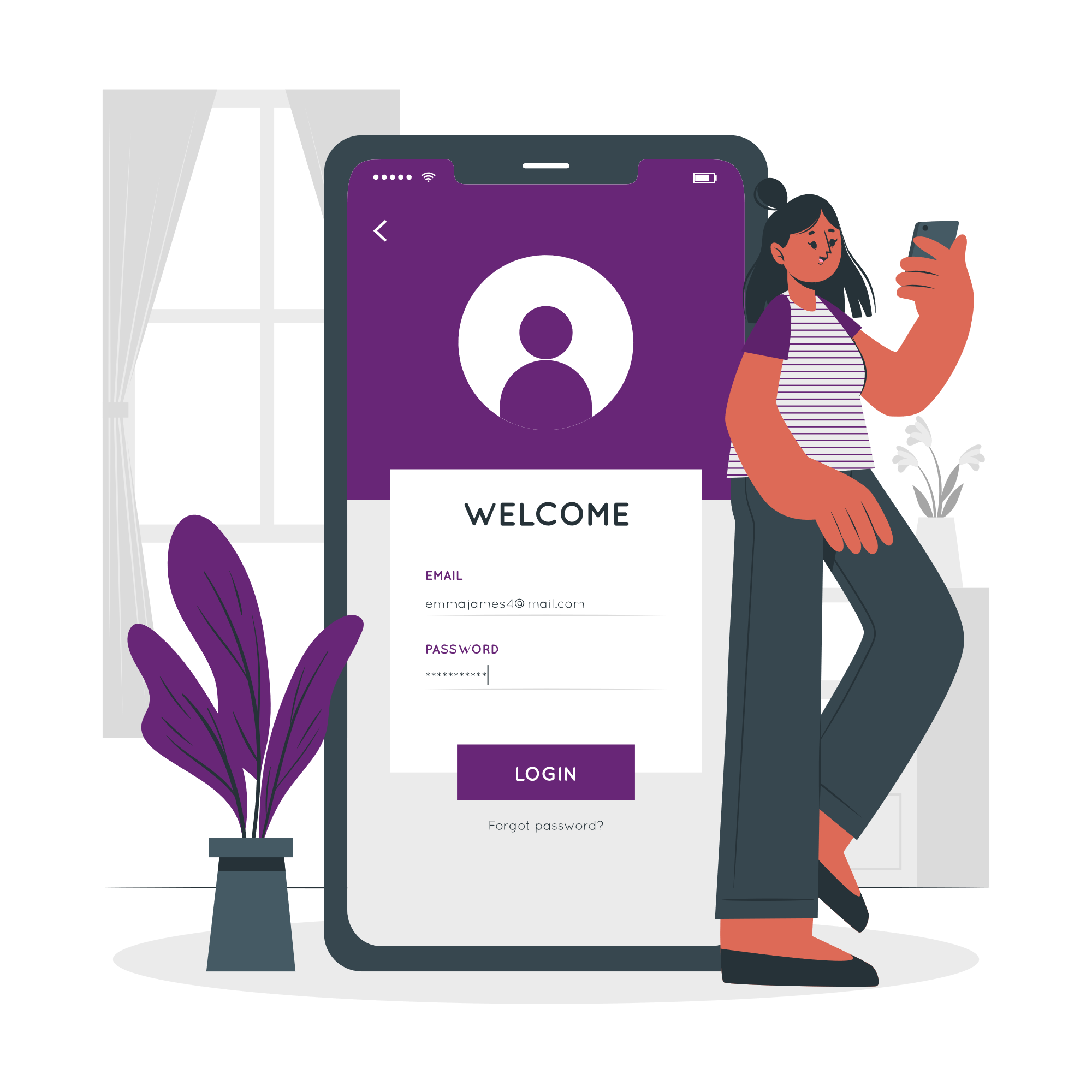So many aspects of life happen in the digital world these days that it’s almost weird if you don’t shop online or bank through an app.
That’s only become more apparent as a result of the COVID-19 pandemic, which has pushed more people to work, socialise and access entertainment online.
The same goes for Government services. Around 94% of tax returns are now filed online, and the extension of Making Tax Digital to self-assessment and eventually corporation tax is on the horizon.
Over the past year, COVID-19 loans and grants have been largely offered through HMRC’s online services, contact tracing has been implemented through apps, and medical appointments have been conducted remotely.
For those who can access it, this increased digitisation comes with obvious benefits of speed, convenience and connectivity. It’s allowed us to access vital services, as well as communicating with loved ones and maintaining social contact even under lockdown restrictions.
But for those without access to a computer, smartphone, and high-speed internet access, the pandemic has heightened the disadvantages of digital exclusion.
Analysis published last April by the UN Conference on Trade and Development showed that while the pandemic had accelerated the uptake of digital tools and services around the world, it had also exposed digital gaps and shown how important it is to bridge that divide.
Among UK businesses, the impact has been starkest for those in industries like retail, hospitality, arts and entertainment, which were forced to close their physical premises under lockdown, and continued to suffer from reduced footfall even under more relaxed restrictions.
Those without a digital presence were unable to benefit from a rapid increase in online sales, which climbed from 22% to 33% of all retail sales between March 2020 and March 2021.
And while smaller businesses have had the advantage of agility and adaptability compared to larger firms, they’re more likely to fall behind when it comes to digital uptake.
This problem isn’t new – in 2019, research by the Open University found 88% of organisations said they had a shortage of digital skills, which impacted their productivity, efficiency and competitiveness.
It’s certainly something the Government has had its eye on in recent years, with various schemes and infrastructure projects undertaken to drive digital capability among UK businesses.
So what can accountants do to make sure their clients don’t fall behind?
One answer is to lead by example.
Using the right software within your own firm will allow you to enhance your service, save time and collaborate with clients more easily. The systems you implement, and the efficiencies they create, should help to show clients what’s possible for them, too.
And if members of your team are genuinely on board and enthusiastic about the benefits of digitalisation, they’re more likely to convince clients to think the same way.
The other approach is to take on a more consultative role, explaining to clients the operational efficiencies they could make – and the costs they could save – through smart use of technology.
You could explain to them how cloud accounting will make a real difference to their business, for example, and help them to choose the software to suit their needs.
But you could also look at their digital setup and assess whether it’s fit for purpose, what the risks are, and where improvements could be made.
Accountants have shown during the pandemic that they can offer valuable advice, beyond number-crunching, to businesses in crisis. It now makes sense to build on that role and prepare firms for a digital future.
As technology becomes ever more important to business success, future-proof your firm with Capium’s integrated suite of practice management software for accountants. Book a free demo with us today to find out how we can support your practice now.







